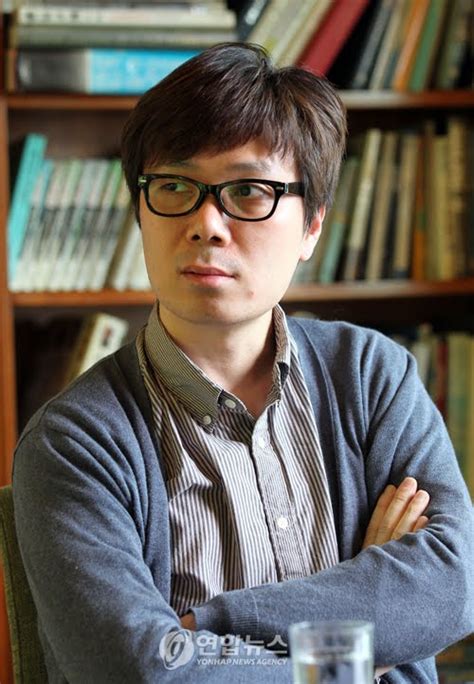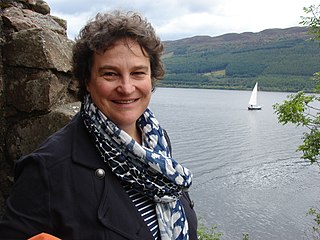A Quote by Gloria Naylor
One should be able to return to the first sentence of a novel and find the resonances of the entire work.
Related Quotes
Some readers read a book as if it were an instruction manual, expecting to understand everything first time, but of course when you write, you put into every sentence an overflow of meaning, and you create in every sentence as many resonances and double meanings and ambiguities as you can possibly pack in there, so that people can read it again and get something new each time.
The first sentence of the truth is always the hardest. Each of us had a first sentence, and most of us found the strength to say it out loud to someone who deserved to hear it. What we hoped, and what we found, was that the second sentence of the truth is always easier than the first, and the third sentence is even easier than that. Suddenly you are speaking the truth in paragraphs, in pages. The fear, the nervousness, is still there, but it is joined by a new confidence. All along, you've used the first sentence as a lock. But now you find that it's the key.
Never trust the translation or interpretation of something without first trusting its interpreter. One word absent from a sentence can drastically change the true intended meaning of the entire sentence. For instance, if the word love is intentionally or accidentally replaced with hate in a sentence, its effect could trigger a war or false dogma.
Elisabeth Sheffield's new novel is multilayered, smart, beautifully written, and funny. I was taken in by the first paragraph and held firmly through the roller coaster of a ride. The depth of the novel was evidenced by the constantly shifting meaning of the title itself. In fact, the entire work never changes its meaning, but somehow, seamlessly, simply means more. This is a rare and memorable piece of work.
Read non-fiction. History, biology, entomology, mineralogy, paleontology. Get a bodyguard and do fieldwork. Find your inner fish. Don't publish too soon. Not before you have read Thomas Mann in any case. Learn by copying, sentence by sentence some of the masters. Copy Coetzee's or Sebald's sentences and see what happens to your story. Consider creative non-fiction if you want to stay in South Africa. It might be the way to go. Never neglect back and hamstring exercises, otherwise you won't be able to write your novel. One needs one's buttocks to think.
I revise constantly, as I go along and then again after I've finished a first draft. Few of my novels contain a single sentence that closely resembles the sentence I first set down. I just find that I have to keep zapping and zapping the English language until it starts to behave in some way that vaguely matches my intentions.
The point is, that the function of the novel seems to be changing; it has become an outpost of journalism; we read novels for information about areas of life we don't know - Nigeria, South Africa, the American army, a coal-mining village, coteries in Chelsea, etc. We read to find out what is going on. One novel in five hundred or a thousand has the quality a novel should have to make it a novel - the quality of philosophy.






































